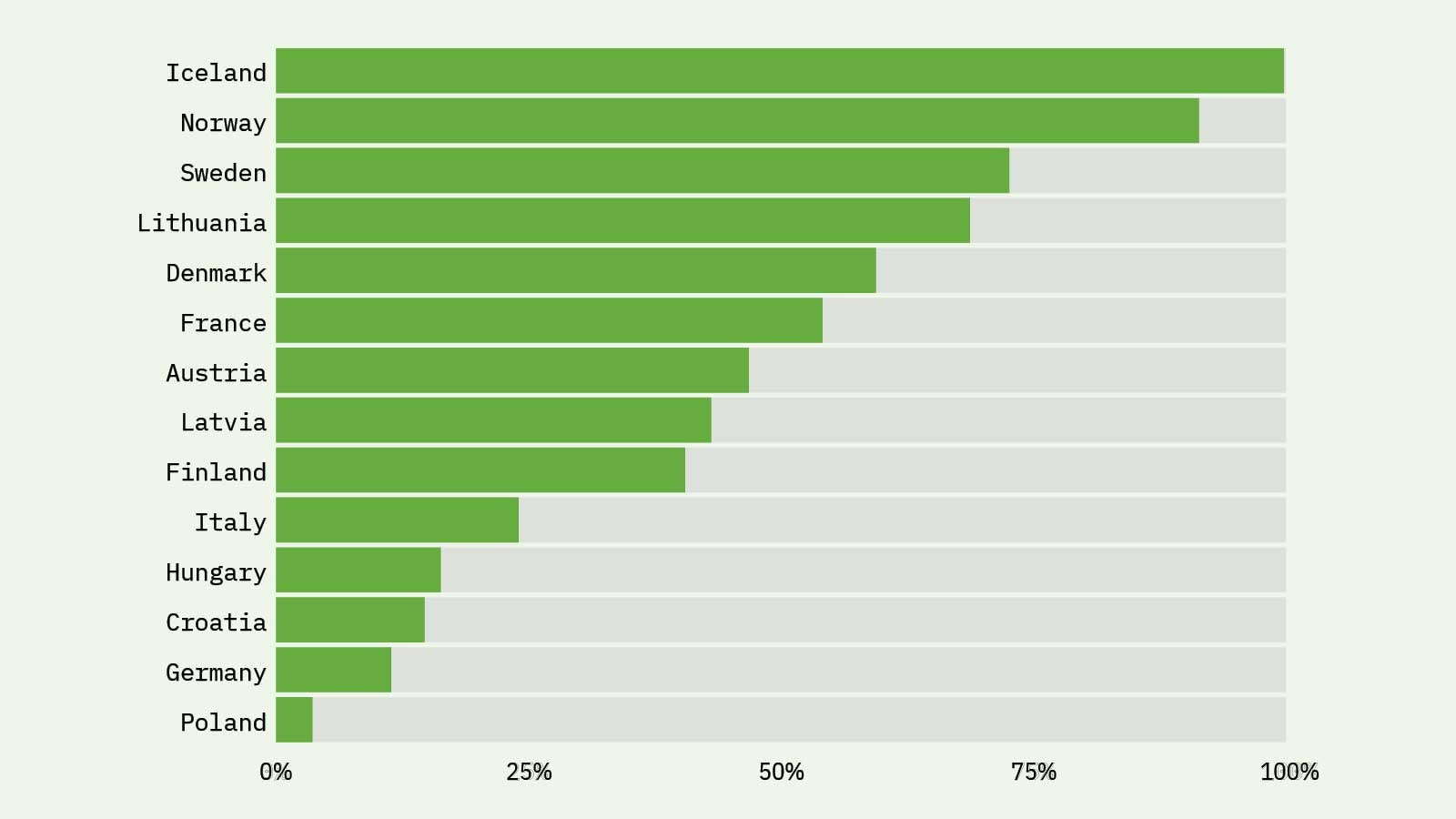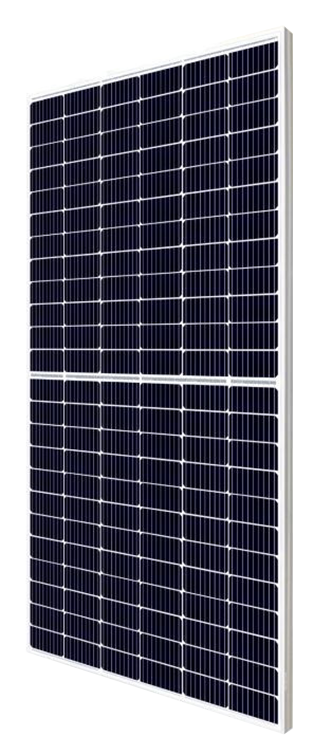
Solar panels in Massachusetts can help homeowners save a lot of money. Over time, the average residential energy bill can rise by as much as 3%. Extreme weather events can also increase energy costs. This is why solar panels have become a more popular energy source for homeowners in the state.
Massachusetts solar panel average cost
Depending on your home size and the type of equipment that you require, the average Massachusetts cost for solar panels will vary. Solar installations in Massachusetts typically cost between $10,007 to $15,395. You can expect to spend between $10,007 and $15,395. If you have a small house, you could expect to pay as low as $7,000. However, if you have a larger home, solar panels can cost up to $55,953.
Solar power in Massachusetts is one of the most cost-effective ways to get it installed. According to the Environment Massachusetts Research and Policy Center a typical 5kW solar installation will cost between $9,300 and 31,000 (incl. tax credits and incentives). Even though solar panels can be quite expensive, it is usually cheaper and you can expect to reduce your energy bills by up to 40% over 20 years.

The most popular way to install solar panels in Massachusetts is to mount them on your roof. However, some homes may not have the roof facing south, or the roof may be in too much shade. In these cases, you'll need alternative mounting options.
Massachusetts offers tax credits for the installation of solar panels
Massachusetts offers an incentive program to help you install solar panels in your home. Massachusetts offers a 15% tax incentive for solar panel installation under the SMART program. The credit can also be carried over for a maximum of three years. This program encourages solar installation. It is funded by three of the largest utilities in the state, Eversource, Unitil and National Grid.
You will be able to increase your home's value by installing solar panels. In addition, you will receive a 15% tax credit from the state for the installation. This credit can pay up $1,000 of installation costs. Solar installations are exempted from property and sales taxes. This means that your property taxes and sales taxes will not rise in the first 12 months. Massachusetts also offers localized solar programs.
There are three forms of tax credits that can be used to install solar panels in Massachusetts. Through the SMART program, Massachusetts residents can earn a fixed rate of 19 cents per kWh of energy produced by their solar systems for a period of ten years. To be eligible, your system must connect to one of three investor owned utilities. It is dependent on the type and model of your system that rebates are available.

Massachusetts Off-grid Solar Panels
Cost of off-grid Massachusetts solar panels is determined by many factors. These include the location and size of the panels, as well as labor costs. Additionally, Massachusetts offers several incentives for solar panel installation, including a sales tax exemption and a property tax exemption. Additional incentives include a $1,000 tax credit and the federal 30% tax credit.
Massachusetts permits homeowners with solar panels to be installed on their roofs. However there are restrictions that apply to specific neighborhoods and homeowner's organizations. Association boards may have to approve solar panel installation. These rules can be set by neighborhood associations. You may be asked by the association board to conceal or reduce the size and shape of your solar panel.
Massachusetts residents can take advantage of a net-metering program that allows customers to sell excess electricity back to the power grid and receive credits towards their utility bill. The credits will be stored by the utility company and applied to your bill, lowering you bill. These credits are available to offset excess electricity or retail electricity.